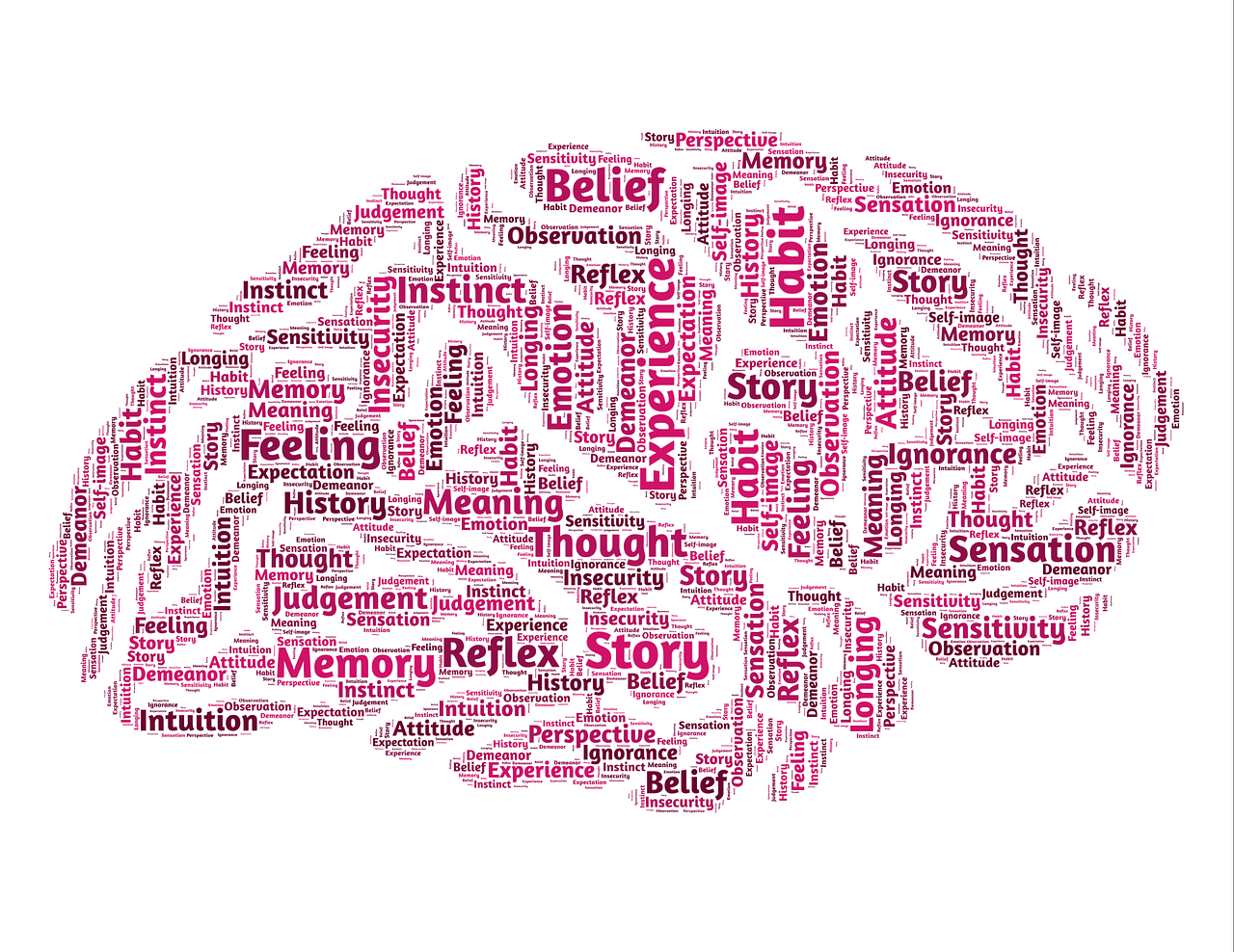Exploring the Essence of Educational Psychology:A Glimpse into the English Terminology,深入教育心理学核心,英语术语探析
The text "Exploring the Essence of Educational Psychology: A Glimpse into the English Terminology" delves into the core concepts of educational psychology through the lens of English terminology. It aims to provide an in-depth understanding of the subject matter by examining the language used to describe various psychological theories and practices in education. By focusing on the English language, the text highlights the importance of clear communication and accurate terminology in the field, emphasizing how language shapes our understanding and application of educational psychology.
Educational psychology is a fascinating field that intertwines the study of how individuals learn with the practical application of that knowledge within educational settings. The English terminology used in this discipline is rich and diverse, reflecting the complexity and depth of the subject matter. In this article, we will delve into the essence of educational psychology by examining key terms and concepts that define the field.
Foundations of Educational Psychology
Educational psychology, often referred to as "ed psych" in English, is a branch of psychology that focuses on the interactions between learning, development, and educational practices. It is concerned with understanding how cognitive, emotional, and social factors facilitate or hinder the educational process. The field is grounded in research and theory, which inform the development of effective teaching strategies and learning environments.
Key Concepts and Terms
1、Cognitive Development: This term, derived from the English words "cognitive" (relating to mental processes) and "development" (growth or evolution), refers to the way children and adults acquire, process, and store information. Educational psychologists study cognitive development to understand how learners at different stages can best be supported in their educational journey.
2、Learning Theories: These are frameworks that explain how learning occurs. Some of the most influential learning theories in English include behaviorism, cognitivism, constructivism, and social learning theory. Each theory offers a different perspective on the learning process, which educators can apply to their teaching practices.
3、Motivation: Motivation is a critical factor in educational psychology. It encompasses the reasons and processes that lead individuals to engage in certain behaviors, such as learning. In English, intrinsic motivation refers to the desire to engage in an activity for its own sake, while extrinsic motivation is driven by external rewards or pressures.
4、Assessment: Assessment in educational psychology is not just about testing knowledge; it's about understanding how learners progress and what interventions might be necessary to support their growth. Formative assessment and summative assessment are two key types of assessments used in English-speaking educational contexts.
5、Instructional Design: This term refers to the systematic process of creating learning experiences that are engaging, effective, and tailored to the needs of the learners. Educational psychologists work with instructional designers to develop curricula and teaching methods that optimize learning outcomes.
6、Classroom Management: Effective classroom management is essential for creating a positive learning environment. This includes strategies for behavior management, communication, and establishing a supportive classroom culture, all of which are discussed extensively in English educational literature.
7、Diversity and Inclusion: As the English-speaking world becomes more diverse, educational psychology emphasizes the importance of inclusive practices that cater to the needs of all learners, regardless of their cultural, linguistic, or socio-economic backgrounds.
8、Technology in Education: The integration of technology in education is a growing area of interest. Educational psychologists explore how digital tools can enhance learning and how to overcome barriers to effective technology use in the classroom.
9、Special Education: This term refers to the tailored educational services provided to students with disabilities or special needs. Educational psychologists play a crucial role in assessing, diagnosing, and developing individualized education programs for these students.
10、Metacognition: Metacognition is the ability to think about one's own thinking. In English, this term is used to describe self-awareness and self-regulation skills, which are essential for effective learning and problem-solving.
Applications in Practice
The English terminology of educational psychology is not just academic; it has practical implications for educators, policymakers, and students alike. Here are a few ways these terms are applied:
1、Curriculum Development: Educational psychologists work with curriculum developers to ensure that learning materials are aligned with cognitive development stages and learning theories.
2、Teacher Training: Understanding the English terminology of educational psychology is crucial for teacher training programs, as it equips educators with the knowledge to create effective learning experiences.
3、Policy Making: Policymakers use educational psychology terms to inform decisions about educational standards, funding, and resource allocation, aiming to create equitable and effective educational systems.
4、Parental Involvement: Parents can benefit from understanding key educational psychology terms to support their children's learning at home and to collaborate effectively with educators.
5、Student Self-Advocacy: Students who understand educational psychology terms can better advocate for their own learning needs and engage in self-directed learning.
Conclusion
Educational psychology is a dynamic field that is constantly evolving to meet the changing needs of learners and educators. The English terminology used in this field is a reflection of its depth and breadth, encompassing cognitive processes, learning theories, motivational factors, and practical applications. By understanding these terms, stakeholders in education can work together to create environments that foster learning and development for all.
As the field of educational psychology continues to grow and expand, the English language will continue to adapt, incorporating new terms and concepts that reflect the latest research and practices. This ongoing evolution ensures that educational psychology remains a relevant and vital discipline, shaping the future of education worldwide.
In conclusion, the English terminology of educational psychology is more than just a language; it is a tool for understanding, a bridge between research and practice, and a catalyst for change in the world of education.
















 京公网安备11000000000001号
京公网安备11000000000001号 沪ICP备15007378号-5
沪ICP备15007378号-5